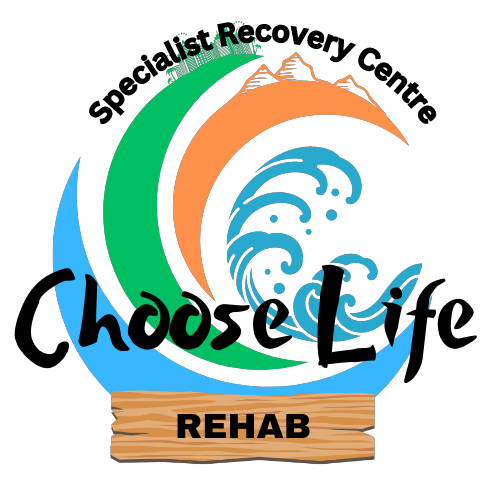Addiction is not a solitary affliction; its impact ripples through families, often causing profound and lasting effects. Understanding these impacts is crucial for both the individuals struggling with addiction and their family members.
Emotional Turmoil
Families of addicts often experience a range of intense emotions. Guilt, frustration, anger, and helplessness are common. Parents may blame themselves, while siblings might feel neglected. The unpredictability of an addict’s behavior can create a constant state of tension and anxiety within the home.
Financial Strain
Addiction can lead to significant financial problems. The cost of sustaining the addiction, potential loss of employment, and legal issues associated with substance abuse can deplete family resources. This financial strain often leads to additional stress and conflict within the family unit.
Social Isolation
Families dealing with addiction may withdraw from their social circles, either due to the stigma of addiction or to hide what they are going through. This isolation can deprive them of much-needed support and compound the stress they are experiencing.
Impact on Children
Children in families affected by addiction are particularly vulnerable. They may experience neglect or abuse and often develop emotional and behavioral issues. The instability and unpredictability of an addicted parent can lead to long-term psychological and emotional challenges for children.
Enabling and Codependency
Family members may unintentionally enable the addict’s behavior by covering up for them or taking over their responsibilities. This codependency can perpetuate the addiction, making it harder for the individual to seek help.
Breakdown of Relationships
Addiction can strain relationships to the breaking point. Trust issues, broken promises, and erratic behavior can lead to damaged relationships that are difficult to repair.
The Path to Healing
Recovery from addiction is not just an individual journey; it’s a family journey. Family therapy and support groups can be instrumental in healing the wounds caused by addiction. Open communication, education about addiction, and setting boundaries are crucial steps in the recovery process.
In conclusion, addiction’s impact on families is profound and multifaceted. It’s a challenge that requires understanding, patience, and a commitment to recovery, not just for the individual struggling with addiction, but for the entire family.

